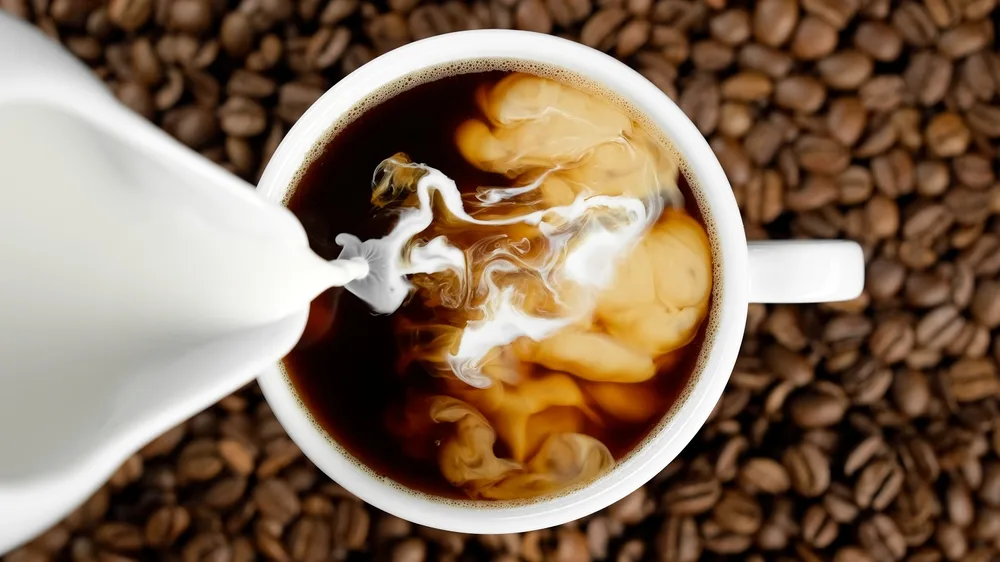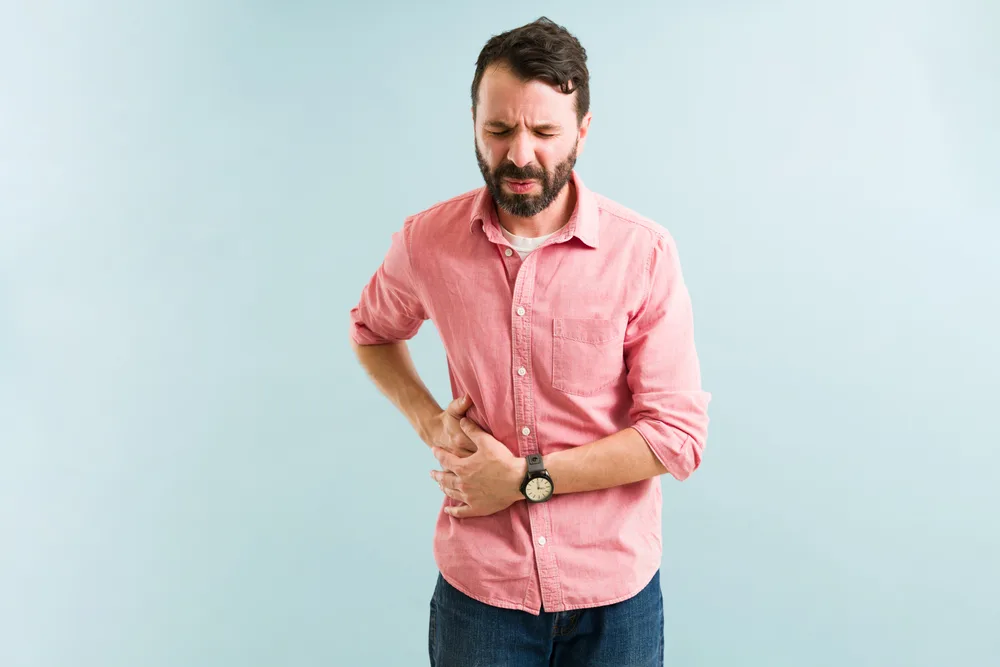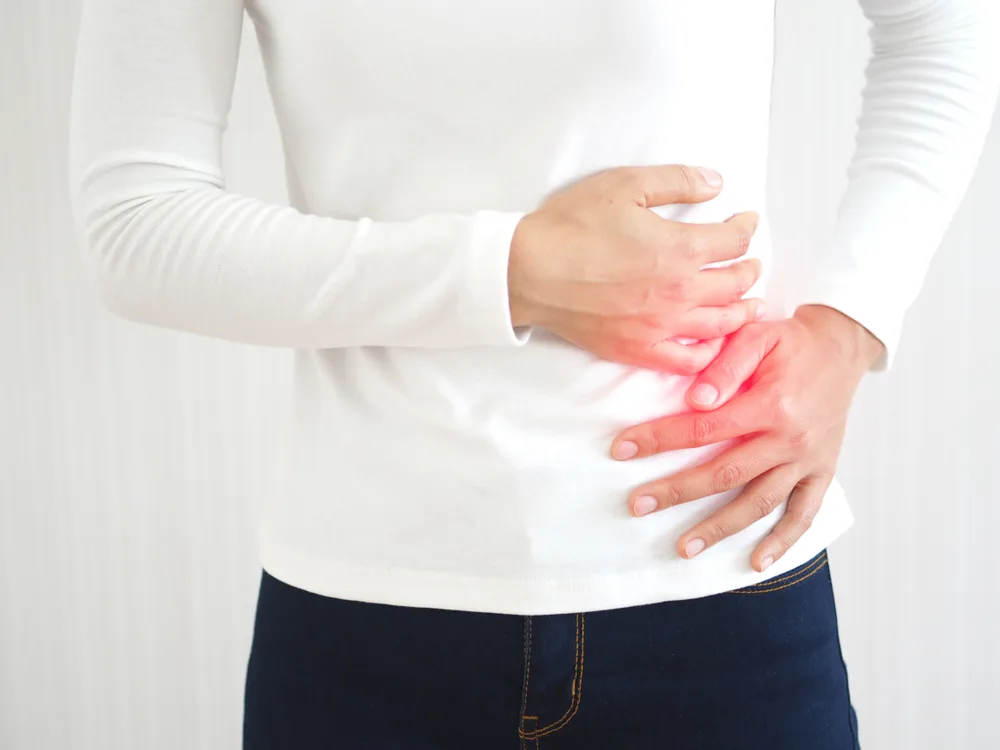Amy Rogers, MD MPH FACPM
American Board of Preventive Medicine, Board certified in Aerospace Medicine, Occupational Medicine and General Preventive Medicine and Public Health.
Preventive Medicine, Public Health, Lifestyle Medicine, Pandemic Response, Global Health
Work Experience: Fellow American College of Preventive Medicine Delta Omega Preventive Medicine Honor Society Department of Defense Meritorious Service Medal Navy Meritorious Service Medal (2) Navy Commendation Medal ACPM Young Researcher Award Nominee USAPM Young Researcher Award Winner U.S. Navy Junior Medical Officer of the Year Nominee (2019 and 2020) U.S. Navy Preventive Medicine Officer of The Year 2019
Humans evolved to live off of and depend upon the surrounding natural environment. Much of what we consume through food, drink, and visually(Social media, TV) impact our physical and mental health and well-being. By refocusing on natural foods and remedies, getting back into the outdoors and to nature, we can improve our overall physical and mental health, and reduce the burden on the medical healthcare system, that is stressed due to artificial environments that change too quickly for the human body to adapt to. We must also understand how different cultures approach medicine, treatment, and health, to find a way to move forward in a world where a pandemic can traverse the world in a few days.
-

Chest Pain and Jaw Pain: Are They a Sign of Heart Attack?
Chest pain radiating to the jaw: The link to heart attack Cardiovascular diseases, particularly heart attacks, are among the top three leading causes of death worldwide. In the United States, a heart attack occurs every 40 seconds, affecting approximately 805,000 people each year (1). A sedentary lifestyle, obesity, fast food consumption, smoking, and stress stand […]
-

Is Microwave Popcorn Bad for You: Does It Cause Cancer?
Is microwave popcorn healthy? Discover the truth Is microwave popcorn unhealthy? Why is microwave popcorn bad for you? These questions have sparked a heated debate in recent times. This popular snack offers convenience, but there is doubt about its health benefits. So, let’s explore the science to make an informed choice about the place of […]
-

Does Eating Meat Cause Cancer? Dairy, Red Meat, and More
Does meat cause cancer? Red meat vs. processed meat Cancer in the meat we eat has been a topic of concern and scientific research for several years. The question that often arises is, “Can meat cause cancer?”. While the research is complex and ongoing, there is potential evidence to suggest a relationship between meat consumption […]
-

Can You Drink Coffee While Fasting? All You Need To Know
Coffee during intermittent fasting: Black or with milk? Unlike other diets that suggest what to be on your plate, intermittent fasting (IF) is more about when to eat (1, 2). Intermittent fasting has historical roots in religion, spirituality, and culture. In the modern version, IF means you go without eating for a set period (usually […]
-

Magnesium for Gallbladder Pain: May It Work?
Magnesium and gallbladder: What is the link? The gallbladder is a pear-shaped organ on the right side of your abdomen, undersurface of the liver. It connects with the liver through ducts that carry bile from the liver to the gallbladder (1). The gallbladder works as a storage organ for bile. When we eat meals, especially […]
-

How to Reduce Plaque in Arteries? Vascular Cleansing Naturally
Remove plaque from arteries: Understanding atherosclerosis Before discussing how to remove plaques from the arteries, we need to understand some basic concepts that will help us understand how our body works. What is arterial plaque? An arterial plaque is a buildup of substances, such as cholesterol, fats, and other elements, that is deposited on the […]
-

171/101 Blood Pressure: What Does It Tell About Your Health?
171/101 blood pressure: Is it dangerous? Blood pressure has two components: systolic, the higher number or top number, and diastolic, the bottom number. Systolic occurs when the heart contracts and pumps blood with force, while diastolic is the pressure during the resting phase between the heartbeats (1). Blood pressure is measured in millimeters of mercury […]
-

Benefits of Ice Baths for Weight Loss: Tip or Myth?
Can a cold bath help you lose weight? While an ice-cold bath for weight loss might sound appealing, it’s crucial to ask: Do ice baths really work compared to traditional methods like diet and exercise? What is cold therapy? Before exploring the world of ice baths and weight loss, let’s take a look at cold […]
-

How Much Sugar Is in Milk? Best Milk for Diabetes
Does milk have sugar? Yes, and the sugar content in milk varies greatly depending on its source. Due to the various types of milk, you might consider rephrasing the question from “Is there sugar in milk?” to “Is there sugar in [specific type of milk]?”. You can also ask, “Is the sugar in milk bad?” […]
-

Upper Abdomen Organs and Pain: Practical Tips for Relief
Upper abdomen organs: What are they? The upper abdomen houses multiple organs, each with different functions, so it is important to understand where they are located, what functions they have, and what signs and symptoms they cause. The abdomen is anatomically divided by two imaginary lines into four quadrants: the right upper quadrant (RUQ), the […]









